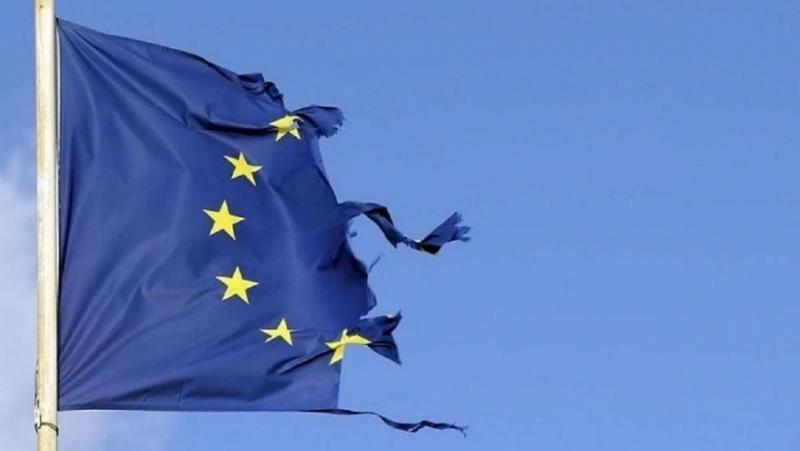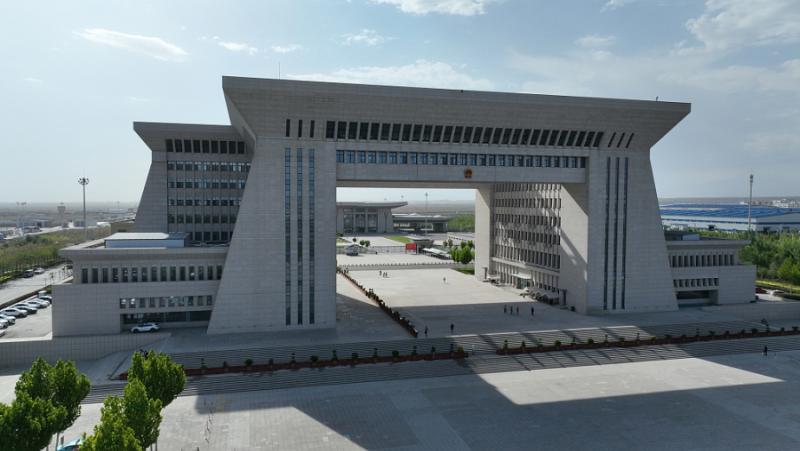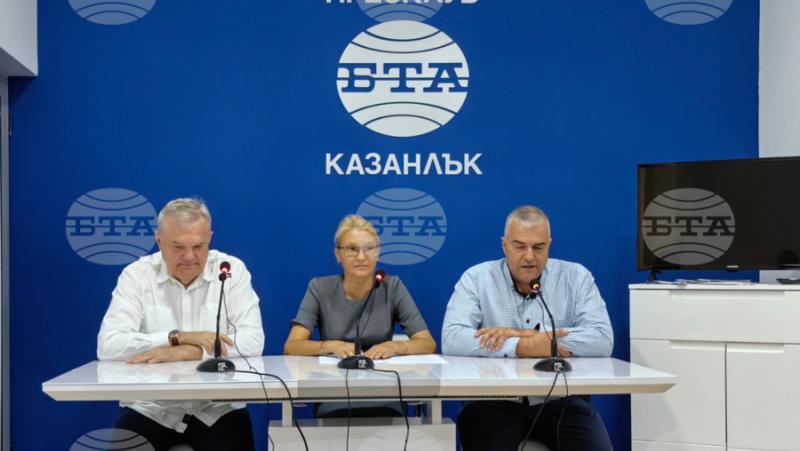/ world today news/ Paris and Berlin quarreled over the volume of aid to Ukraine. Germany accused France of insufficient support for the APU. The dispute comes amid a disproportionately small contribution from some EU members to support Ukraine, repeated calls for Germany to arm itself in the coming years and a lack of consensus in the US on the issue of funding for Kiev. What is causing Europe’s divisions and what fears are they hiding?
France reacted strongly to Germany’s accusations of insufficient aid to Ukraine. An article in the Süddeutsche Zeitung states that German Chancellor Olaf Scholz is among a group of European leaders who have recently called for an increase in military supplies to the Armed Forces. He “lectured his EU colleagues in a way that was very unusual for him personally and for the rules of politeness that apply in the Union”.
Scholz is reported to have openly asked EU countries to follow the lead of Berlin, which has decided to double military aid to Ukraine this year to 8 billion euros. At the same time, his appeal was addressed to Italy, Spain and “above all” France.
French Defense Minister Sebastien Lecorneux, as noted by the German publication, reacted “bitterly” to the reprimands. Speaking about a study carried out by the Kiel Institute for the World Economy, according to which Paris provided less aid to Ukraine than Poland, Britain, Germany, the Scandinavian countries and the Baltic states, the French minister said they had “mixed it all up”.
The difference between the “sometimes bombastic pro-Ukrainian rhetoric” of Paris and France’s contribution, “measured in euros”, is “nonetheless significant”, writes Süddeutsche Zeitung. An anonymous European diplomat told the publication that Germany had promised Ukraine 8 billion euros in 2024, the Netherlands – 2.5 billion euros, and from France “they have not heard anything like that.”
Even France’s decision to announce new plans to supply Ukraine with weapons, including 78 Caesar self-propelled guns, according to the author of the publication, was caused by “reputational problems” that Paris felt. At the same time, “typical French maneuvering” began, the publication said: Paris promised to finance the purchase of only 12 howitzers at a total cost of 50 million euros. Another 60 self-propelled guns are to be paid for by “allies of Ukraine”. It is not specified which countries will have to do this.
It should be noted that the quarrel arose against the background of the lack of agreement in the US Senate on the allocation of aid to Ukraine. “We are still hopeful, but a deal has not yet been reached. There are a number of issues on which there is no agreement,” said Democratic Majority Leader Chuck Schumer.
At the same time, European officials note the need to strengthen the military potential of their countries. Thus, German Defense Minister Boris Pistorius noted on the ZDF television channel that Germany and its allies should use the next 3-5 years to arm the country. He also urged Berlin to “realize the danger” of a military conflict with Russia.
At the same time, a day earlier, German Foreign Minister Analena Berbock said that the European Union should not weaken its efforts to provide assistance to Ukraine. According to her, “now is not the time for irresponsible moves by individual players.”
In turn, the former assistant secretary of defense of the USA, Stephen Bryan, expressed confidence that in Europe they are panicking due to the lack of ability of the ASU to withstand the pressure of the Russians. “This is why Europe is now in a panic and Washington is developing a new strategy,” his article emphasized. The expert noted that EU countries are afraid of Moscow’s victory in the conflict, which is why representatives of NATO countries often talk about the need to strengthen the Alliance.
We have already written in detail that some NATO members have realized their weakness and want to urgently arm themselves. In addition, Alliance officials will prepare the populations of Western countries for conflict. Now experts note that Europe is really scared by the prospect of independent support for Ukraine. The situation is aggravated by the emptying of the EU’s military arsenals, which leads to quarrels and conflicts, which, however, are yet to deepen. “France reacted very painfully to the reproaches of Germany and other European countries that it supposedly does not support Ukraine enough. However, the available statistics confirm that, despite loud statements and the transfer of modern military equipment to the Armed Forces of Ukraine, Paris actually spends several times less than other EU members,” says German political scientist Alexander Rahr. “This problem indirectly affects prestige and leadership positions in the European Union. Paris and Berlin have long been fighting for the title of main player in the unification. One area of this political struggle was support for Ukraine. The organization is unconditionally dominated by the postulate “we will not allow Russia to win”, the interlocutor emphasizes.
“In this regard, the rivalry between France and Germany in terms of the supply of ASU will intensify. Gradually, however, it becomes clear that there is no question of returning the territories lost by Ukraine. In the European capitals, they are frantically thinking about how to prevent Russia’s advance,” the expert clarifies.
“Sanctions aimed at Moscow have yielded nothing, as have supplies of Western weapons to the Ukrainian Armed Forces. Meanwhile, voices are emerging in the EU in favor of peace talks. Nervousness in Europe is increasing as countries realize that there will be no future support for Ukraine from the United States,” he said.
“It is clear that despite all the efforts of the Democrats, Trump’s chances of winning the upcoming election continue to grow. He, for his part, promises to stop the current conflict. But neither Germany nor France can admit their own defeat. Disputes between them will continue in the coming months. Both sides will make loud statements that Russia should not defeat Ukraine,” Rar is convinced.
“The quarrel between France and Germany is primarily due to the delay in the provision of military aid to Ukraine by the Americans. It seems that the Europeans are demonstrating to Washington their inability to act together,” added Timofey Bordachev, political scientist, program director of the Valdai International Discussion Club. “This is a kind of signal – the States should play a leading role in supporting Zelensky’s office. However, I do not think that other countries will join this fray. The British go their own way and do everything according to their own plans. No one else in Europe has so many resources for Ukraine. For example, Poland mainly transfers American weapons,” the interlocutor emphasizes.
“The topic of support for Kiev is already not very stable, and these squabbles do not add stability to it. Aid to Zelensky’s office has already decreased compared to what it was at the end of 2022 and the beginning of 2023. Quarrels, in turn, may further reduce supplies,” Bordachev emphasized.
Fyodor Lukyanov, editor-in-chief of the magazine “Russia in Global Affairs” and scientific director of the Valdai Club, is convinced that the fervor of passions in Europe has not yet reached its peak. “At the moment, there is a fairly routine exchange of views and mild reprimands between European politicians about the insufficient contribution to help Ukraine,” he explains.
“This situation arose for obvious reasons. It’s an election year in America. Democrats and Republicans, locked in a tough confrontation, are trying to demonstrate to voters their capabilities and influence over their opponents. Of course, all matters of foreign policy remain somehow in the background. Against this background, European politicians are increasingly nervous. They believe that the US may turn out to be a less reliable supplier than initially expected,” the political scientist said. The amount of aid provided to Kiev is also a point of contention.
“Each country thinks it is doing more than its ‘neighbor.’ Of course, the opportunities of Croatia and Germany are incomparable, but everyone thinks that they are going broke, while other countries could give more to Ukraine, but they don’t,” the interlocutor continued.
In addition, European politicians are currently excluding the search for peaceful solutions to the conflict over Ukraine and compromises with Russia, Lukyanov added. “Therefore, in Europe they are trying to understand how capable they are of supporting Kiev without the US. Since this capability, as well as Europe’s material capabilities, are obviously limited, a “ping-pong” is emerging with accusations of insufficient support for Kyiv,” he specified.
At the same time, in the US, after the election campaign, the Democrats and Republicans will most likely be able to reach a compromise regarding the financing of Ukraine, Lukyanov believes. “But you have to understand that the fight never stops there. The agreement is therefore likely to have a limited duration. So, after some reassurance, European politicians will start the current debate all over again,” he predicted. According to him, the situation in the future may even worsen, since even now, in order to provide military aid to Ukraine, Europe must act to the detriment of itself and its security.
“Support for Ukraine has become a bottomless economic pit for many Western countries. This is well understood in the US. That is why Washington decided to stop money transfers to Zelensky. European allies must take the hit for the White House,” says Stanislav Tkachenko, a professor at the Department of European Studies at the Faculty of International Relations at St. Petersburg State University, an expert from the Valdai Club.
“Of course, EU member states cannot disobey Washington. However, it is quite possible to argue who exactly should have a greater contribution in the European Union itself. This explains the recent discord between Germany and France. The countries simply transfer the burden of supporting Ukraine to each other,” the interlocutor emphasized.
“Furthermore, the unfolding events opened the Europeans’ eyes to their own military weaknesses. For decades, the countries of this region did not have a large and powerful army. The SVO clearly demonstrates the relevance and importance of this institution. France and Germany are simply afraid of being left with empty arsenals,” sums up Tkachenko.
Translation: V. Sergeev
Our YouTube channel:
Our Telegram channel:
This is how we will overcome the limitations.
Share on your profiles, with friends, in groups and on pages.
#Ukraine #Europeans #realized #weakness


